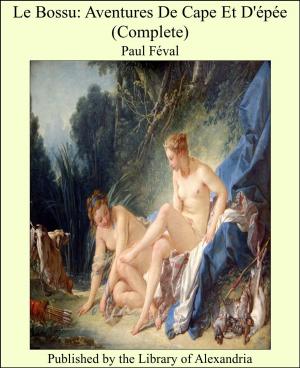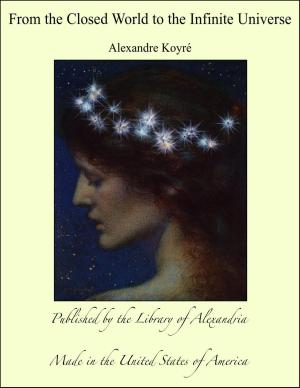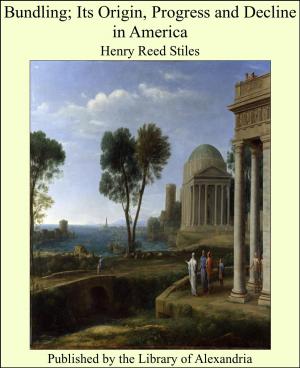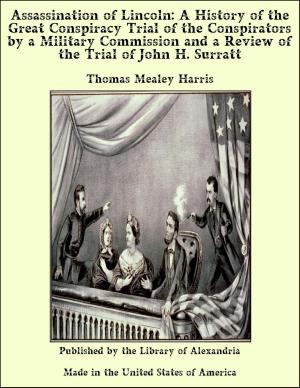| Author: | Christopher Wilson | ISBN: | 9781465588104 |
| Publisher: | Library of Alexandria | Publication: | March 8, 2015 |
| Imprint: | Language: | English |
| Author: | Christopher Wilson |
| ISBN: | 9781465588104 |
| Publisher: | Library of Alexandria |
| Publication: | March 8, 2015 |
| Imprint: | |
| Language: | English |
When I first contemplated writing these articles it seemed to me to be a very interesting, amusing, and pleasant job indeed. I had seen a great number of Shakespeare's plays, read some of them, and written or conducted music for most. All I had to do, I thought, was to jot down a few notes of what I had heard or read, and out of them make a readable couple of columns. I began to make the notes, and swiftly it dawned upon me what an enormous task I had taken on. I found that nearly every composer, great or small, since Shakespeare's time had been inspired, directly or indirectly, by our poet. True, Handel avoided him (I can find no trace of Shakespeare in the opera Julius Cæsar), and I don't suppose Bach ever heard of him; but I feel sure that Beethoven's "Coriolan" Overture owes something to Shakespeare as well as to von Collin, the direct author of the play. But when the plays began to be translated and circulated abroad, composers all over Europe came under his extraordinary influence, and began composing music to his plays or about characters in them. No music to the plays by contemporary composers has survived. Most people associate him with Purcell, Locke, Robert Johnson, Bannister, or Pelham Humphrey; but all these were born some years after his death, except Johnson, whose settings of "Where the Bee Sucks" and "Full Fathom Five" are supposed to be the original; but, as Johnson was only twelve years old when Shakespeare died, The Tempest must have been produced without these songs, or Johnson must have been more than usually precocious. The Encyclopaedia Britannica definitely says that Johnson's settings are the original.
When I first contemplated writing these articles it seemed to me to be a very interesting, amusing, and pleasant job indeed. I had seen a great number of Shakespeare's plays, read some of them, and written or conducted music for most. All I had to do, I thought, was to jot down a few notes of what I had heard or read, and out of them make a readable couple of columns. I began to make the notes, and swiftly it dawned upon me what an enormous task I had taken on. I found that nearly every composer, great or small, since Shakespeare's time had been inspired, directly or indirectly, by our poet. True, Handel avoided him (I can find no trace of Shakespeare in the opera Julius Cæsar), and I don't suppose Bach ever heard of him; but I feel sure that Beethoven's "Coriolan" Overture owes something to Shakespeare as well as to von Collin, the direct author of the play. But when the plays began to be translated and circulated abroad, composers all over Europe came under his extraordinary influence, and began composing music to his plays or about characters in them. No music to the plays by contemporary composers has survived. Most people associate him with Purcell, Locke, Robert Johnson, Bannister, or Pelham Humphrey; but all these were born some years after his death, except Johnson, whose settings of "Where the Bee Sucks" and "Full Fathom Five" are supposed to be the original; but, as Johnson was only twelve years old when Shakespeare died, The Tempest must have been produced without these songs, or Johnson must have been more than usually precocious. The Encyclopaedia Britannica definitely says that Johnson's settings are the original.















